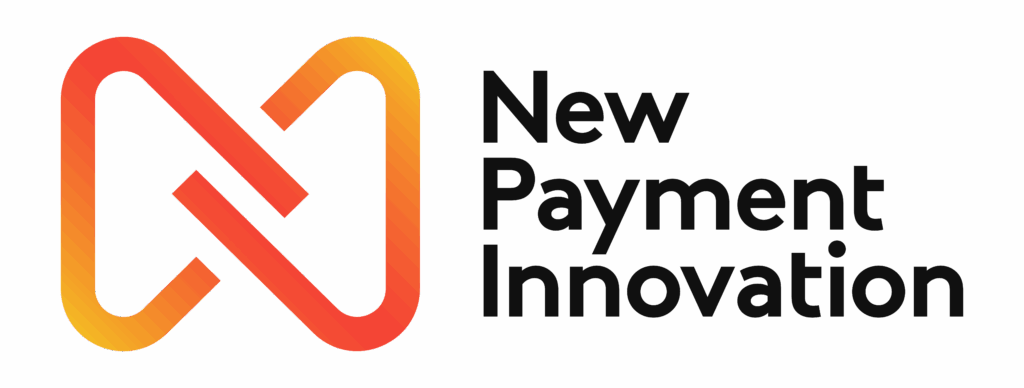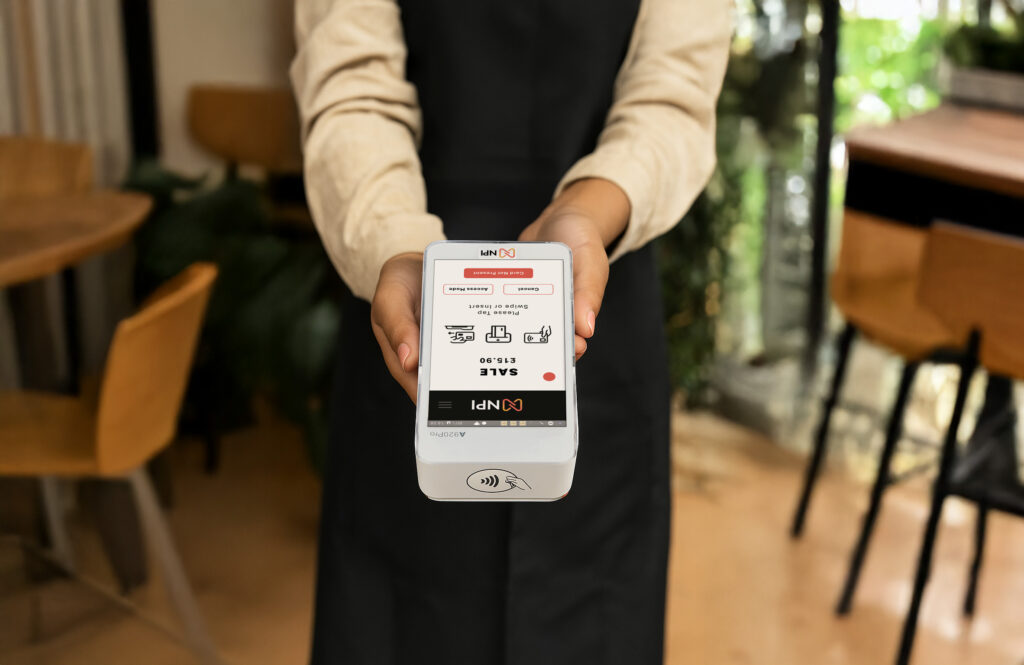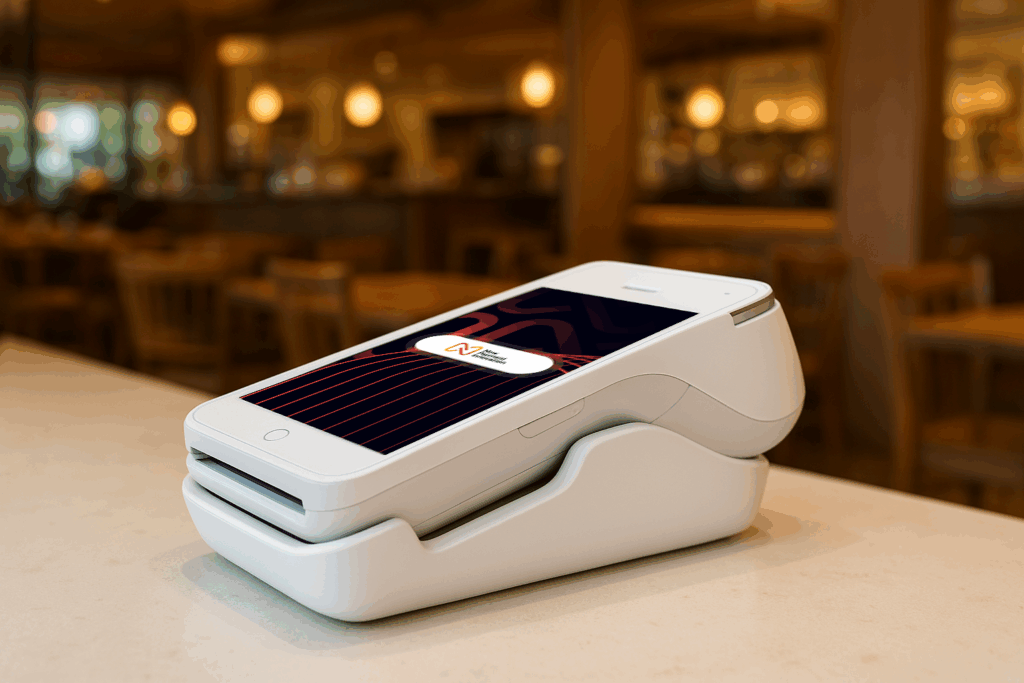Modern healthcare payment solutions UK face unique challenges requiring understanding of both medical practice operations and stringent regulatory requirements. GDPR compliance intersects with healthcare data protection to create complex environments where patient confidentiality, payment security and clinical efficiency must work seamlessly together.
Understanding Healthcare Payment Complexity
Healthcare payment solutions UK differ significantly from standard retail payment processing due to complex billing structures, insurance integrations and confidentiality requirements. Medical practices handle consultation fees, treatment costs, insurance co-payments and recurring therapy charges within single patient interactions.
Patient data sensitivity creates additional security layers beyond standard GDPR compliance. Medical payment systems must integrate with practice management software whilst maintaining complete separation between clinical records and financial data to protect patient privacy.
Healthcare-specific regulations including patient confidentiality laws intersect with GDPR requirements to create comprehensive compliance obligations. NHS integration considerations affect providers serving both NHS and private patients.
Patient Confidentiality and Data Protection
Patient confidentiality extends beyond medical records to encompass all healthcare interactions, including payment processing. Healthcare payment solutions UK must ensure complete separation between patient identity information and financial transaction data.
Tokenisation systems replace patient information with secure tokens during transaction processing, ensuring GDPR compliance whilst protecting medical confidentiality. Role-based access ensures healthcare staff only access payment information necessary for their responsibilities.
Training programmes must cover both GDPR requirements and healthcare-specific confidentiality obligations. Regular access reviews verify that staff permissions remain appropriate as roles change.
Recurring Payments and Treatment Plans
Ongoing treatment programmes including physiotherapy, counselling and chronic condition management benefit from automated healthcare payment solutions UK. Recurring payment systems reduce administrative burden whilst ensuring consistent treatment funding and improved patient compliance.
Payment schedule flexibility accommodates various treatment frequencies and patient financial circumstances. Transparent billing practices ensure patients understand recurring payment commitments before treatment begins.
Consent management for recurring payments must meet both GDPR standards and healthcare-specific informed consent requirements. Payment notifications balance necessary communication with patient privacy protection.
For expert guidance on implementing compliant healthcare payment solutions UK systems, contact New Payment Innovation at +44 23 8001 9998.
Insurance Processing and Claims Management
Eligibility checking through integrated healthcare payment solutions UK prevents billing errors and improves patient satisfaction by providing accurate coverage information before treatment. Real-time verification systems connect with major UK insurance providers to confirm coverage, deductibles and co-payment requirements.
Electronic claims submission reduces processing times and improves cash flow for medical practices. Automated coding assistance helps ensure claims include appropriate diagnosis and procedure codes for faster approval.
Accurate patient portion calculation considering insurance coverage, deductibles and co-insurance requirements ensures transparent billing. Payment plan integration allows patients to spread costs over time whilst maintaining GDPR compliance.
Learn more about secure payment processing for healthcare environments.
GDPR Compliance for Healthcare Payments
Healthcare payment processing requires comprehensive Data Protection Impact Assessments (DPIAs) given the sensitive nature of medical-related financial information. Privacy by design implementation ensures GDPR compliance is built into healthcare payment solutions UK from initial development.
Contract performance often provides the primary lawful basis for processing patient payment information. Vital interests protection may apply in emergency treatment situations requiring immediate payment processing.
Data access requests from patients require careful handling to provide payment information whilst protecting confidentiality. Deletion rights implementation must consider legal retention requirements for medical billing records.
Technology Integration in Healthcare
Seamless integration between healthcare payment solutions UK and existing practice management systems eliminates duplicate data entry whilst maintaining data security. Appointment scheduling integration allows payment processing directly within booking systems, improving patient convenience.
Remote consultation billing requires sophisticated systems that can process payments securely during virtual appointments. Patient mobile apps provide convenient payment options whilst maintaining security and compliance.
Contactless payments in medical facilities improve hygiene whilst accelerating transaction processing. Biometric authentication adds security layers whilst maintaining patient convenience.
Security Standards Beyond GDPR
UK healthcare regulations require additional security measures beyond standard GDPR obligations. Breach notification requirements involve multiple regulatory authorities including the ICO and professional bodies.
End-to-end encryption protects patient payment data throughout processing workflows. Tokenisation systems replace sensitive payment information with secure tokens whilst maintaining necessary business functionality.
Real-time monitoring identifies unusual payment processing patterns that might indicate security breaches or fraudulent activity. Regular penetration testing ensures systems can withstand sophisticated attack attempts.
Discover payment security solutions designed for healthcare environments.
Patient Experience Optimisation
Simplified payment workflows reduce patient stress whilst maintaining necessary security and compliance measures. Multiple payment options including cards, mobile payments and payment plans accommodate diverse patient preferences.
Transparent pricing helps patients understand costs before treatment, reducing billing surprises. Plain English billing statements help patients understand charges without compromising necessary medical coding requirements.
Online payment portals allow patients to manage payments conveniently whilst maintaining robust security. Automated receipt delivery through email or SMS provides immediate payment confirmation.
Regulatory Compliance
The Information Commissioner’s Office provides comprehensive guidance on GDPR compliance requirements specific to UK healthcare providers. Professional regulatory bodies including the General Medical Council provide additional compliance guidance.
NHS payment standards influence private healthcare payment system requirements through established industry practices. Financial Conduct Authority oversight ensures healthcare payment processors meet appropriate standards for financial services provision.
Post-Brexit implications affect providers serving international patients or operating across borders. Currency considerations and exchange rate management become complex for international healthcare services.
Cost-Benefit Analysis
System integration costs must account for practice management system compatibility and staff training requirements. Ongoing maintenance costs include security updates, compliance monitoring and technical support designed for healthcare environments.
Faster payment processing improves cash flow for healthcare practices whilst reducing administrative overhead. Reduced billing errors through automated systems decrease costly claim rejections and resubmissions.
Reduced compliance violations through purpose-built healthcare payment solutions UK systems protect practices from regulatory penalties. Enhanced security reduces breach risks and associated costs including notification, investigation and remediation.
Future Trends in Healthcare Payment Processing
AI-powered fraud detection systems can identify unusual patterns whilst maintaining patient privacy. Automated insurance verification using machine learning improves accuracy whilst reducing administrative burden.
Biometric authentication integration could improve security whilst maintaining patient convenience. IoT integration with medical devices could enable automated billing for device usage and monitoring services.
Best Practices for Implementation
Comprehensive needs assessment should evaluate current payment processing challenges, compliance requirements and patient experience goals. Compliance gap analysis identifies areas where current systems may not meet GDPR or healthcare-specific requirements.
Phased rollout approaches minimise disruption to patient care whilst allowing systematic testing and refinement. Staff training programmes should cover both technical operation and compliance requirements.
Regular compliance audits verify continued adherence to GDPR and healthcare-specific requirements. Performance monitoring tracks payment processing efficiency, error rates and patient satisfaction metrics.
New Payment Innovation offers specialised healthcare payment solutions UK designed for medical practice requirements. For expert consultation on healthcare payment processing systems that prioritise both compliance and patient experience, visit www.npi.uk or call +44 23 8001 9998.
Conclusion
Healthcare payment solutions UK represent a critical intersection where technology, compliance and compassionate patient care must work in harmony. Success requires deep understanding of patient needs, regulatory complexity and the operational realities of modern medical practice.
The investment in appropriate systems pays dividends through improved patient satisfaction, enhanced compliance posture and operational efficiency that allows healthcare providers to focus on delivering exceptional patient care.







